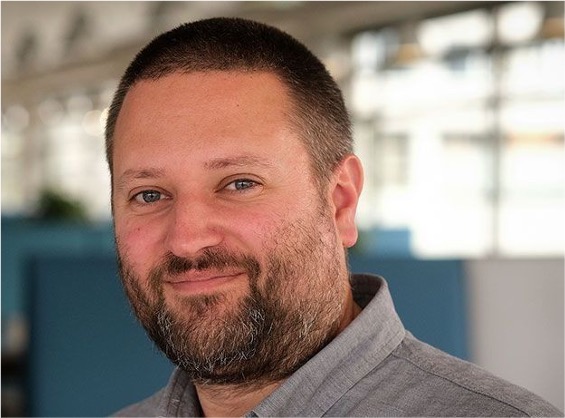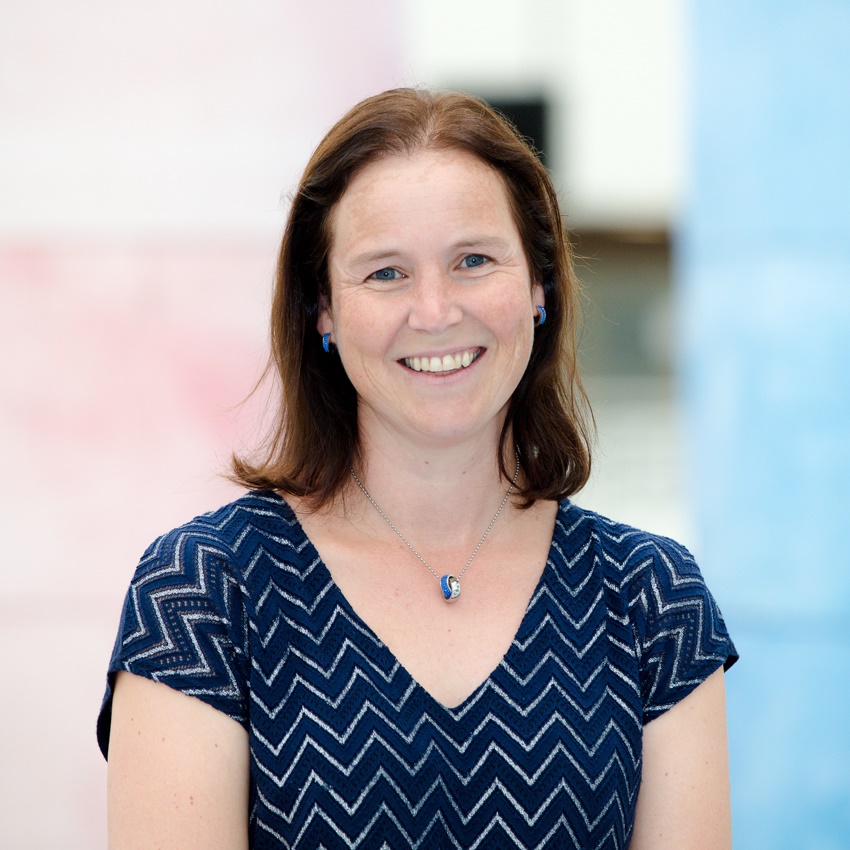
Dr. Pieter Goossens
Supervisor
The PhD student (DC9) will study the interactions between atherosclerotic plaque macrophages and extracellular matrix using multiplex fluorescent microscopy, a high-throughput functionomics screening platform and RNAseq, while CRISPR/Cas9 approaches will be applied for targeted interference of the identified macrophage-ECM interactions to revert the associated phenotypic changes.
Macrophages are abundantly present in atherosclerotic plaques and play an important role in all stages of pathogenesis. They can acquire different phenotypes, which are strongly determined by the multitude of signals they receive from interactions with their environment. We and others have confirmed that in a highly heterogeneous tissue such as the atherosclerotic plaque, many different subsets exist in parallel, each displaying a yet poorly specified functional profile that may differentially affect pathogenesis.
In this project, you will be challenged to unravel the interplay between plaque macrophages and components of the extracellular matrix (ECM; e.g., collagen, elastin, hyaluronic acid and hydroxyapatite). By revealing how this influences these cells’ phenotype and functions, you will discover novel leads for therapeutic intervention in disease progression.
You will be employing cutting-edge technologies, including integrated multispectral imaging and mass spectrometry imaging (Goossens et al., Cell Metabolism 2022) to in situ identify macrophage subsets and the components in their micro-environment, and a high-content analysis-based functionomics screening platform (MacroScreen, Fontaine et al., Adv Science 2023) combined with RNAseq to evaluate the effects of the interactions in vitro, further supported by CRISPR/Cas9-based targeted interference with these macrophage-ECM interactions.
By performing this research at the Maastricht University's CARIM Doctoral School, you will not only have access to the institute’s broad expertise in cardiovascular diseases and state-of-the-art infrastructure but also to a custom selection from a variety of dedicated courses and training opportunities. Our Pathology department offers a dynamic, international and multi-disciplinary research environment that will satisfy your curiosity, creativity and team player mentality. Moreover, during this project, you will have the opportunity to collaborate with other researchers involved in the MIRACLE network and acquire new expertise through secondments in two labs:
ABOUT Cardiovascular Research Institute Maastricht (CARIM) -Maastricht University
University of Maastricht (UM) is a stimulating environment where patient care, research and teaching are complementary, ranking ninth of the Times Higher Education list of young (under 50 years old) universities worldwide. The Faculty of Health, Medicine and Life Sciences (FHML) of UM has an excellent international reputation in research and teaching and is renowned for its highly international spirit, educational innovation, and quality of its translational research. FHML hosts the Cardiovascular Research Institute Maastricht (CARIM), which is one of the largest and most prominent cardiovascular research institutes in Europe, providing scientists top-notch resources and a high-quality research environment.
ABOUT THE SUPERVISORS
DC9 will be supervides by Dr. Pieter Goossens and Prof. Dr. Erik Biessen and co-supervised by Dr. Marjo Donners at the department of Pathology, Maastricht University, The Netherlands.

Dr. Pieter Goossens
Supervisor

Dr. Marjo Donners
Co-supervisor